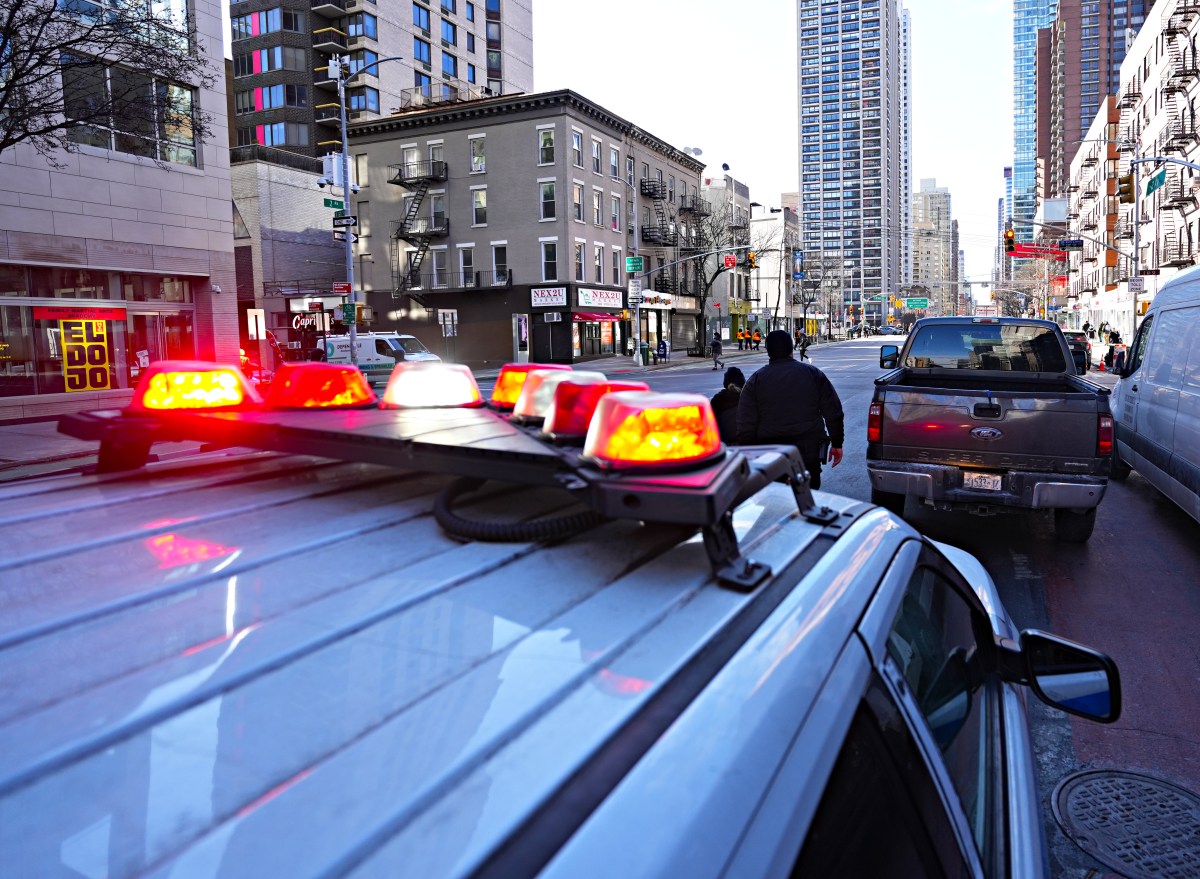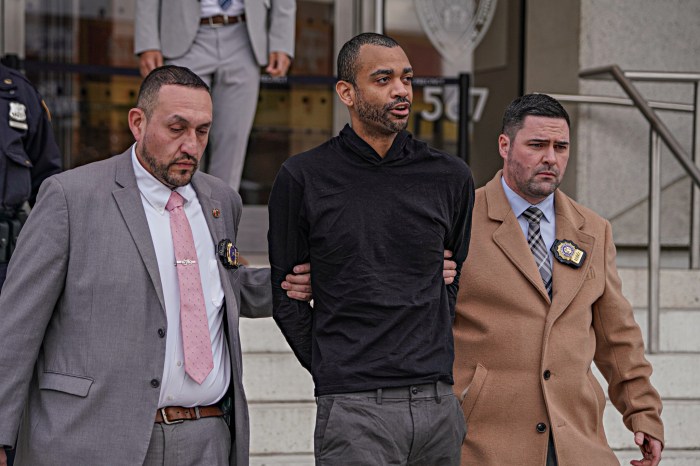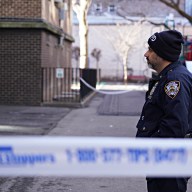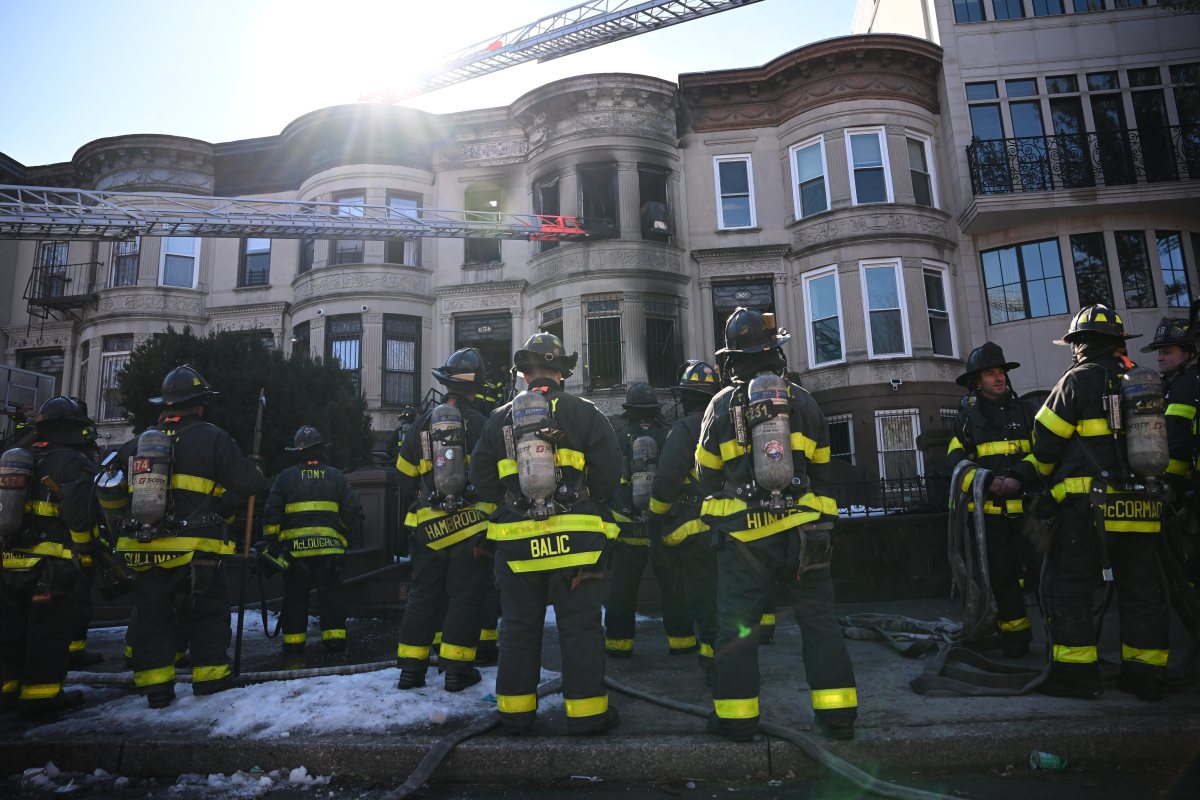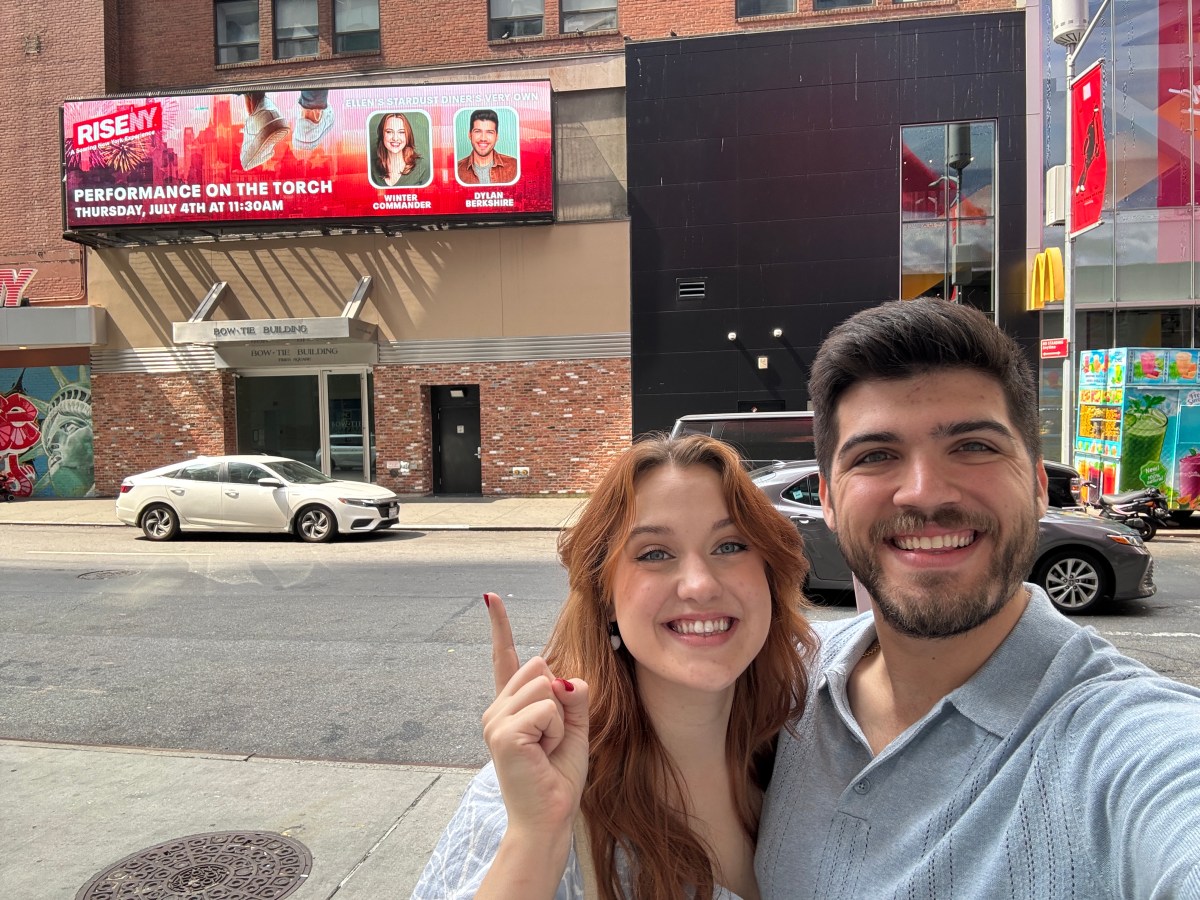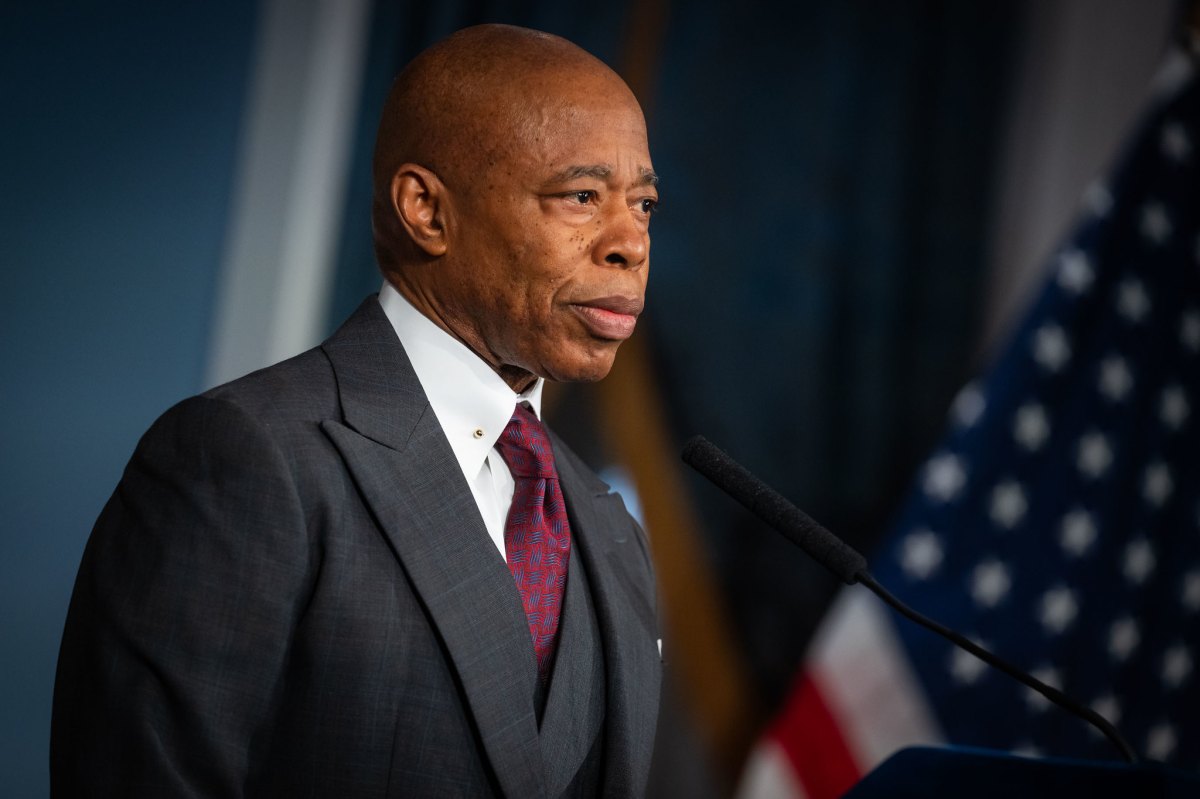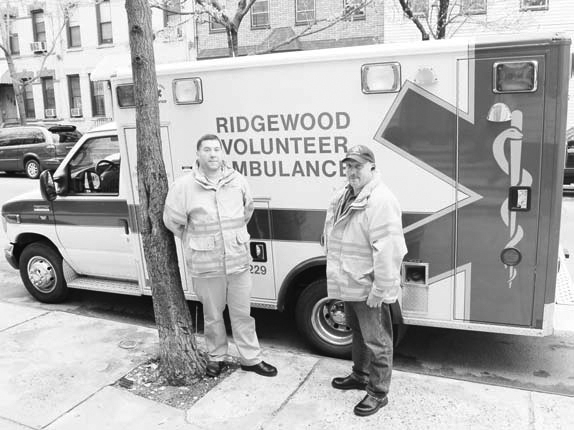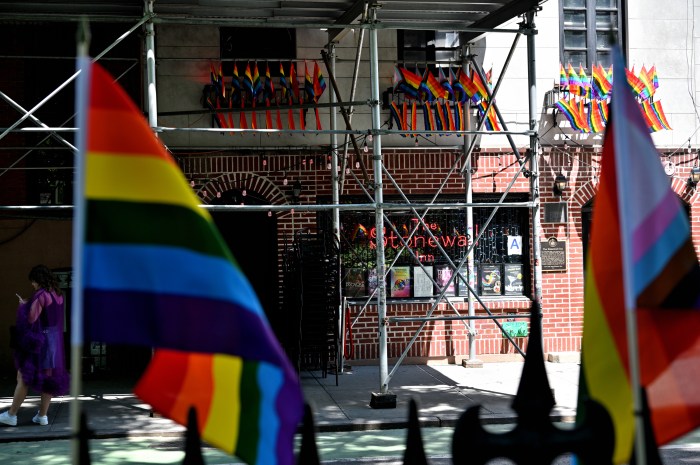Police Commissioner Jessica Tisch continued Wednesday to make sweeping changes within the NYPD — this time with dramatic shifts in the department’s vehicle pursuit policy.
Officer pursuits will now only be permitted in which suspected, serious offenders are wanted for felonies and violent misdemeanors. Traffic infractions or non-violent misdemeanors by themselves are no longer justification for officers to engage in a pursuit, the commissioner declared.
The location of the potential pursuit will also be taken into consideration. Officers are being given more discretion to disengage from a pursuit if if happens in a residential community or a school zone — or if the officers believe it cannot continue without risk to the public.
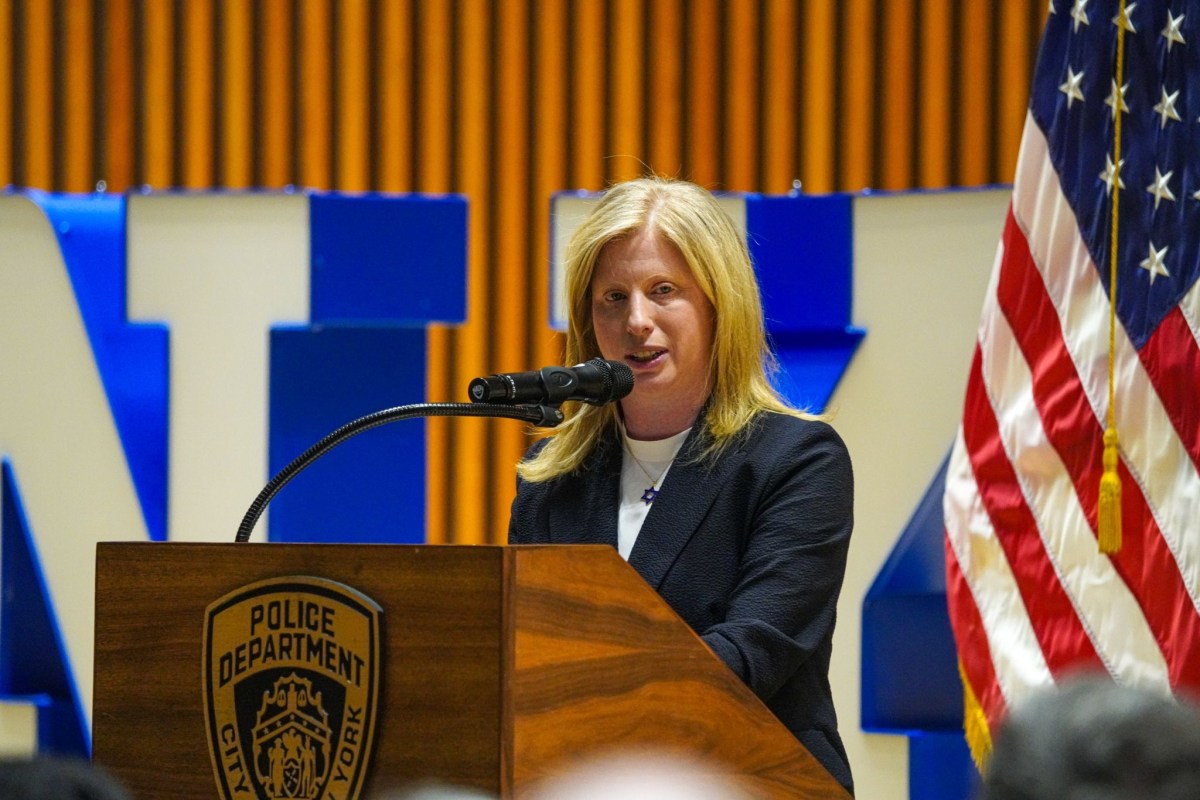
According to Tisch, the new regulations — which will be implemented on Feb. 1 to allow for proper training — set new standards that will help protect New Yorkers and cops alike.
“New York is one of the most densely populated cities in the world, and our officers deserve clear guidance and smart protocols when determining whether to engage in a vehicle pursuit on our streets,” she said on Jan. 15. “The NYPD’s enforcement efforts must never put the public or the police at undue risk, and pursuits for violations and low-level crimes can be both potentially dangerous and unnecessary. The advanced tools of modern-day policing make it possible to apprehend criminals more safely and effectively than ever before, making many pursuits unnecessary. Now, our cops will have clear, unambiguous parameters for when to initiate, continue, and terminate these pursuits.”
According to the NYPD, 2024 saw 2,278 pursuits — 25% of which resulted in collisions, physical harm, or property damage. Moreover, 67% of all chases were initiated by drivers fleeing car stops, something that no longer applies under the new policy change.
“Our overarching objective — every minute of every day — is to keep the people of this great city safe,” Chief of Department John Chell said. “In order to do that, we need to pursue criminals when appropriate and stay our hand when the risks to the public and to our cops outweigh the benefits. Our revised policy strikes that critical balance and will make our city safer for police and our communities.”
Police Benevolent Association (PBA) President Patrick Hendry also weighed in on the announcement, lauding the decision — though struck a cautious note.
“We thank the Department’s leadership for listening to our concerns regarding vehicle pursuits, and we welcome the additional clarity for our members on the streets,” Hendry said. “However, it will be up to the Department to ensure that this policy is applied so that neither police officers nor the public are unnecessarily put at risk.”
Read More: https://www.amny.com/police-fire/



